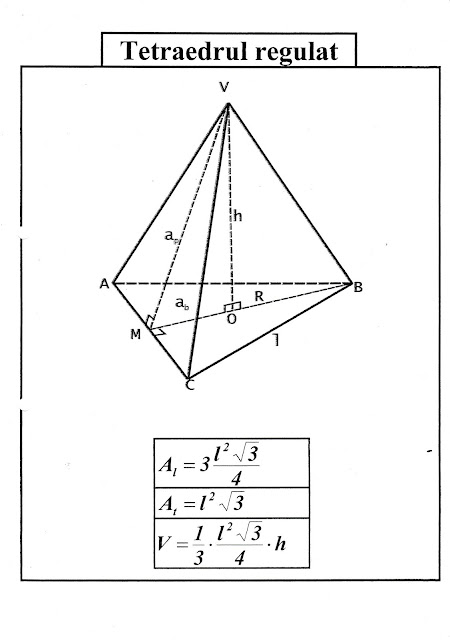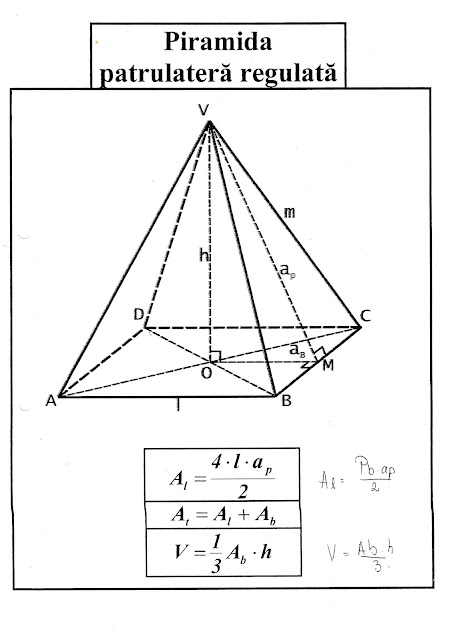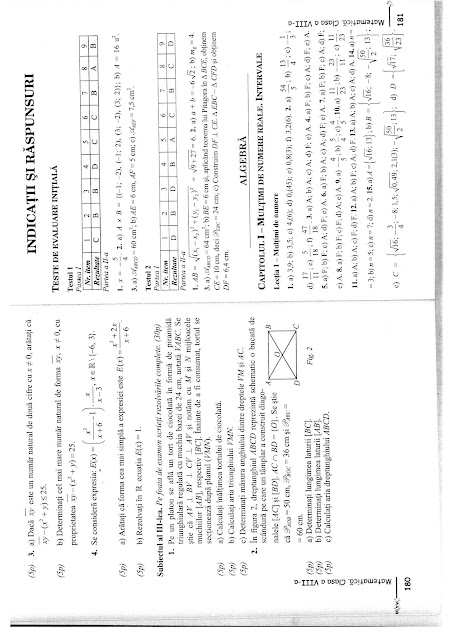The statement of the problem
Fr(p. 437)
ANSWER CiP
$k=\frac{66}{7}$
Actually $x=2^{-\frac{48}{7}}, y=2^{\frac{36}{7}}, z=2^{\frac{78}{7}}$
Solution CiP
We use the formula ($a\in \mathbb{R},\;a>0,\;a\neq1$)
$log_{a^{k}}t^{k}=log_{a}t$, where $k\in \mathbb{R},\;k \neq 0,\;t>0$
which says that the logarithm of a number $t$ remains unchanged if the base of logarithm, $a$, and the number $t$ are raised to the same power $k$.
The simultaneous equations in the statement are equivalent to (we take $k=\frac{1}{2}$ in the first term and $k=\frac{1}{3}$ in the second term of each equation)
$\begin{cases}log_{2}\sqrt{x}+log_{2} \sqrt[3]{yz}=2 \\log_{2}\sqrt{y}+ log_{2}\sqrt[3]{xz}=4 \\log_{2} \sqrt{z}+log_{2}\sqrt[3]{xy}=5 \end{cases}$
and from here we obtain the equivalent equations
$\begin{cases}\sqrt{x}\cdot \sqrt[3]{yz}=2^{2}\\ \sqrt{y}\cdot \sqrt[3]{xz}=2^{4}\\ \sqrt{z} \cdot \sqrt[3]{xy}=2^{5} \end{cases}$ (1).
Suppose there are x, y and z for which the last equations are verified (otherwise any conclusion can be deduced). If we multiply the three equations we get
$\sqrt{xyz}\cdot \sqrt[3]{y^{2}z^{2}x^{2}}=2^{11}\Leftrightarrow (xyz)^{\frac{1}{2}+\frac{2}{3}}=2^{11}\Leftrightarrow xyz=2^{\frac{66}{7}}$
where do we get the answer.
Replace in the first equation of (1) $yz=\frac{2^{\frac{66}{7}}}{x}$ we get
$x^{\frac{1}{2}}\cdot 2^{\frac{22}{7}}\cdot x^{-\frac{1}{3}}=2^{2}$
where we get the value of $x=2^{-\frac{48}{7}}$. The same goes for $y=2^{\frac{36}{7}},\;z=2^{\frac{28}{7}}$ and these numbers check the initial equations.
$\blacksquare$
Raspunsul de confirmare a expedierii
in Crux Mathematicorum. Our file server has received your submission
and the appropriate editor will be reviewing it in sequence or as
needed.
Below is a receipt confirming the submission you sent us.
Tracking Number: 11004
Received: Sat Nov 28 16:34:27 2020
From: Petre Ciobanu
Scoala Gimnaziala "Samuil Micu" SADU
Sibiu, Romania
Email: ptr.ciobanu@gmail.com
Type: Solve a MathemAttic Problem
(problem MA093)
Files:
Poblem_MA93_v46n9.pdf
Sursa_latex_problema_MA93.doc
Comments:
| sâm., 28 nov., 18:36 (acum 2 zile) | ||
| |||
=================================================
Added May 19, 2021
Good answer see V447n04, pages 174-175
They sum up the equations and get
$log_4{x}+log_4{y}+log_4{z}+log_8{(yz)}+log_8{(zx)}+log_8{(xy)}=11$
$\Leftrightarrow\;\;log_4{(xyz)}+log_8{x^2y^2z^2)}=11$.
If we substitute $xyz=2^k$ we get $k\cdot log_4{2}+2k \cdot log_8{2}=11$ and since $log_4{2}=\frac{1}{2},\;\;log_8{2}=\frac{1}{3}$ we find that $\frac{k}{2}+\frac{2k}{3}=11$ hence $k=\frac{66}{7}$.
=end added=


































































